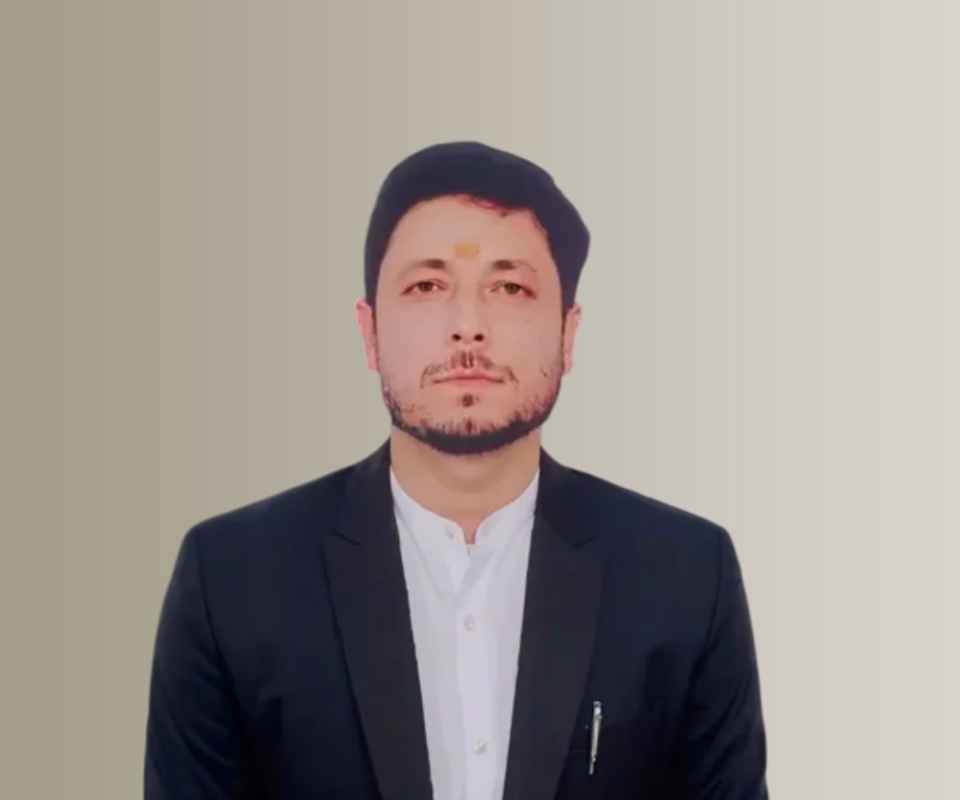Answer By law4u team
A conviction in absentia means a trial was conducted and a verdict passed without the accused being present. While some jurisdictions permit this, India is cautious in extraditing persons convicted in absentia to uphold fair trial guarantees and protect human rights. Indian extradition law requires that the accused must have had proper notice of the proceedings, an opportunity to defend themselves, or that there exists a mechanism for retrial or appeal upon return. This safeguards against wrongful or unfair convictions abroad being used as sole grounds for extradition.
Detailed Explanation
Fundamental Right to a Fair Trial
India’s legal system and its interpretation of international law emphasize that extradition must not violate the fundamental right to a fair trial guaranteed under Article 21 of the Indian Constitution. Convictions in absentia pose challenges as the accused is denied personal presence, which is a core aspect of fair trial.
Extradition Act, 1962 and Judicial Oversight
The Extradition Magistrate, under the Act, scrutinizes whether the conviction was obtained fairly. The magistrate evaluates:
- If the accused was duly notified of the charges and trial date.
- If adequate legal representation was provided or available.
- If the foreign jurisdiction’s laws allow retrial or appeal upon surrender.
Retrial or Appeal Condition
Indian courts and the Central Government generally insist on a formal assurance from the requesting country that the accused will be granted a fresh trial or appeal after extradition. This assurance ensures that the person’s right to defend themselves is not permanently denied.
Judicial Precedents in India
Courts in India have refused extradition requests based solely on in absentia convictions when the foreign legal system failed to provide proper procedural safeguards. The Supreme Court and High Courts have reiterated that extradition should not become a vehicle for enforcing unjust or unfair foreign judgments.
International Law and Human Rights Standards
India aligns its extradition process with international human rights norms such as the Universal Declaration of Human Rights and International Covenant on Civil and Political Rights, which underscore the right to be present at one’s trial and have adequate defense.
Discretion of the Central Government
Ultimately, the decision to extradite rests with the Central Government, which considers not only legal reports but also diplomatic relations, human rights concerns, and public policy before approving extradition in such sensitive cases.
Exceptions and Complexities
Some countries conduct in absentia trials but have robust safeguards and allow retrial or appeal, making extradition feasible.
India may refuse extradition if there is credible evidence that the conviction was politically motivated or that the accused’s life or liberty is at risk due to unfair trial standards.
Example
A person is convicted in absentia for a financial crime in Country X, which has a legal provision allowing trials without defendants present but guarantees a retrial if the person surrenders. When Country X requests extradition, India’s Extradition Magistrate reviews:
- Whether the accused was given notice and had an opportunity to defend themselves before conviction.
- Whether Country X’s laws genuinely allow a retrial or appeal post-extradition.
- The risk of human rights violations if extradited.
If satisfied, India may extradite the person on condition that they receive a fair retrial in Country X. If not satisfied, extradition may be denied.






